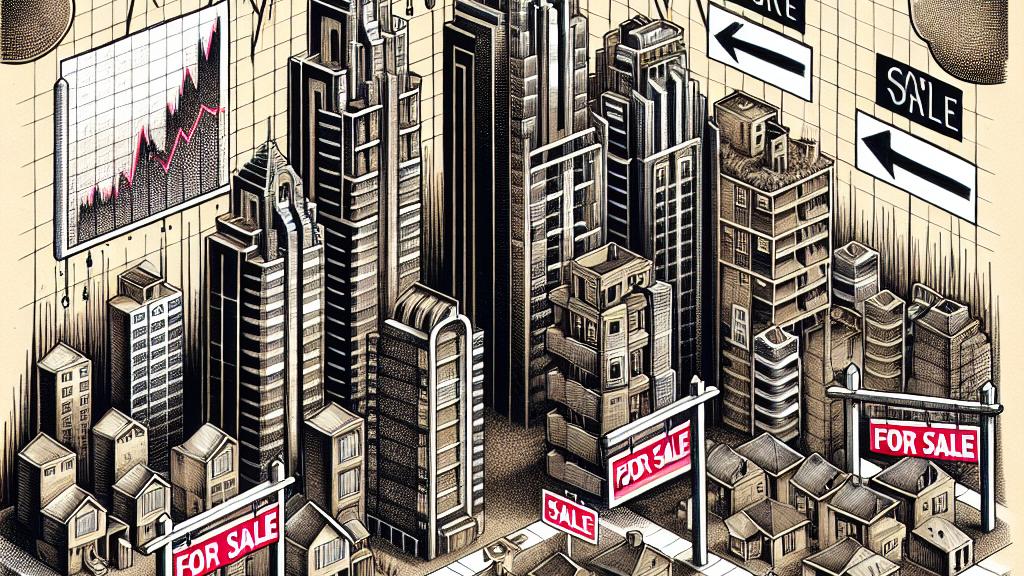Halting the Decline: A Case for Intervention in Hong Kong's Property Market
Overview
- Hong Kong's property market is facing a dramatic crisis, primarily driven by soaring interest rates and pervasive economic uncertainties.
- The Centa-City Leading Index shockingly showcases a more than 25% drop in residential property prices since their peak in 2021.
- Swift government intervention is absolutely essential to stabilize the economy and protect homeowners from impending financial hardships.

The Current State of Hong Kong's Real Estate Market
As we delve into the current state of Hong Kong's real estate market, the transformations witnessed are both alarming and multifaceted. Once characterized by a flourishing atmosphere, the market has now turned into a precarious environment fraught with challenges for both buyers and sellers. The Centa-City Leading Index, a crucial gauge of residential property values, has revealed a staggering decline of over 25% since its apex in August 2021. This downturn is largely attributed to escalating interest rates that have effectively stalled buying activity across the board. For instance, many eager homebuyers find themselves priced out, pushing them away from what was once a highly competitive market. Meanwhile, properties linger unsold, creating an atmosphere of disappointment. Furthermore, dropping rental prices and increasing vacancies add another layer of complexity, transforming Hong Kong's once-vibrant real estate landscape into one marked by uncertainty and disquiet.
The Crucial Need for Government Intervention
Given the gravity of the situation, many experts strongly believe that immediate and decisive government intervention is imperative. The notion of minimal government interference in such critical times is no longer viable; proactive measures must be taken. Historical examples from global cities, such as New York and Singapore, provide compelling evidence of effective action. For instance, the introduction of tax incentives targeting homebuyers and property developers has rejuvenated lagging markets significantly. Hong Kong now stands at a crossroads; without decisive steps taken by the government, homeowners risk landing in negative equity—a situation capable of triggering widespread economic chaos. This is no trivial matter; the entire ecosystem of Hong Kong’s economy hinges on a thriving property sector. It is therefore vital for the government to act swiftly and strategically, fostering an environment of confidence and renewed optimism.
The Impact of Interest Rate Dynamics
Turning our focus to the recent actions of the Federal Reserve, their interest rate cuts have ignited hope among prospective homebuyers, but the reality in Hong Kong may be more complicated. Though the Fed has taken steps to lower borrowing costs, local banks have been slow to adjust, keeping rates stubbornly high in many cases. This dissonance creates an atmosphere of disbelief among potential homeowners, who are left questioning whether lower rates will ever reach them. Additionally, as property values continue to decline, this places further strain on aspiring buyers, many of whom face the daunting task of navigating an increasingly volatile market. This intricate interplay of local and global economic factors highlights the interconnectedness of today’s financial landscapes—where shifts in one region can significantly impact another. Thus, addressing these ongoing challenges through well-designed policies is not optional; it is a necessity. Failing to adapt to these realities could not only jeopardize Hong Kong’s property sector but also undermine its broader economic resilience well into the future.

Loading...